
NSW DPI Contributes to Hendra Virus Research Program
The department’s research has provided data on when environmental contamination might lead to equine infection.

The department’s research has provided data on when environmental contamination might lead to equine infection.

Dr. Amy Johnson of Penn Vet’s New Bolton Center offers advice on what to do (and not to do) if you suspect your horse has contracted Lyme disease.

Improving working equids’ health and welfare could help them work longer and better to the benefit of their owners.

The Hendra virus vaccine has now been approved to be delivered annually following initial administration.
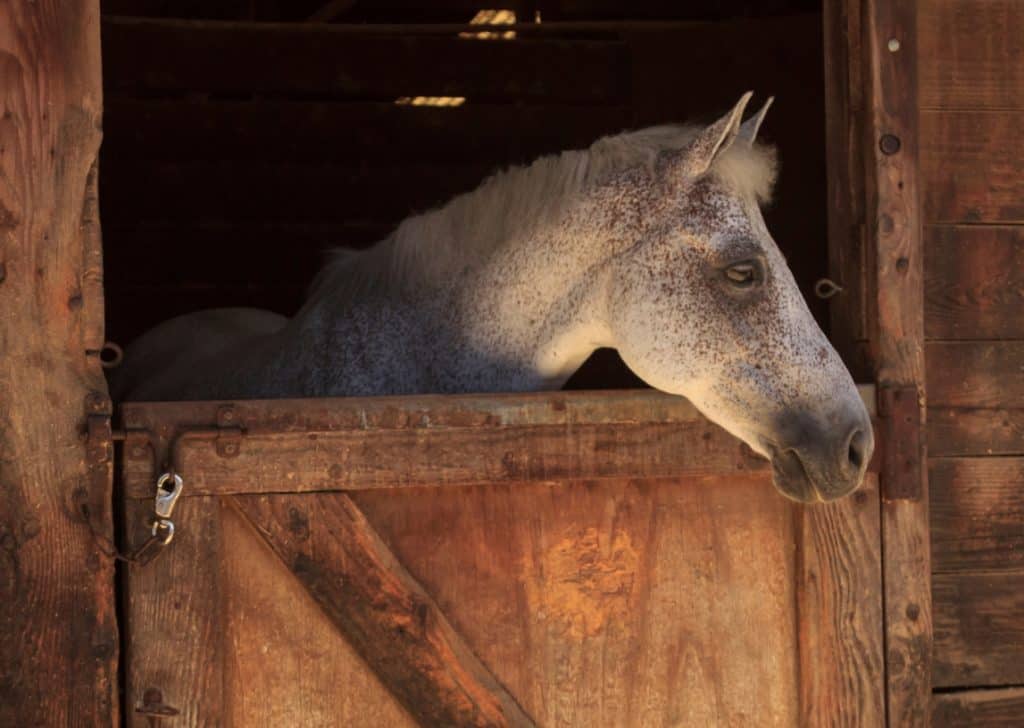
Sindbis virus and Middelburg virus have been causing problems in a surprising number of horses, researchers found.

Mites, lice, flies, and mosquitoes can cause irritation to horses and carry dangerous diseases. Be aware of the external parasite species that are in your area and when they are prevalent so you can control them.

Attendees from around the world gathered to discuss the latest topics and trends of equine infectious diseases.

Post-mortem exams are crucial to determine what caused the abortion. Here’s what your veterinarian will look for.
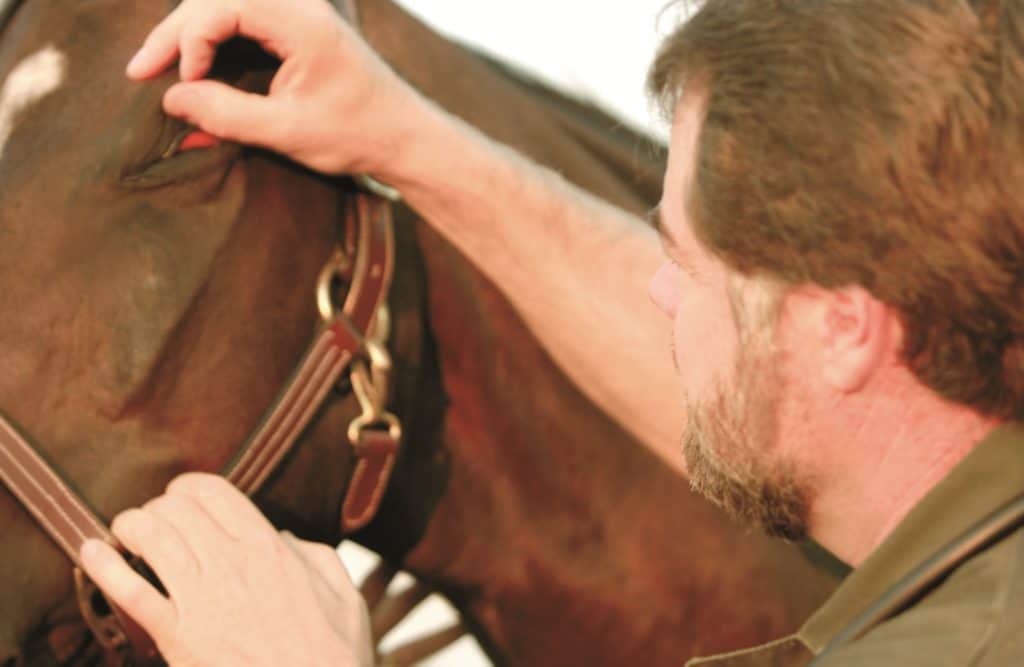
Researchers believe pathogenic forms of Leptospira bacteria are associated with more than 60% of ERU cases.

Find out how data can help improve horse owners’ knowledge of equine disease risks in their area.
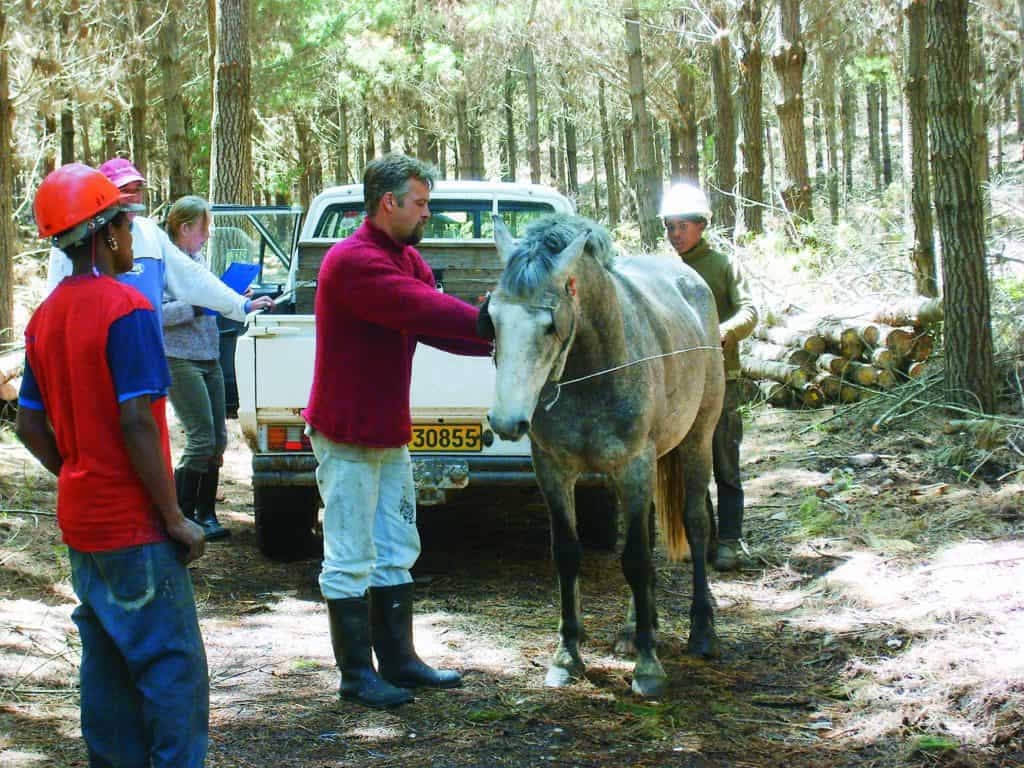
African horse sickness has the potential to spread due to climate change and increased international horse movement.
The Australian vet did not provide the owner with all the necessary protective gear while testing a horse for Hendra.
Confirmed diseases include vesicular stomatitis, EHV, influenza, Hendra virus, equine infectious anemia, and more.
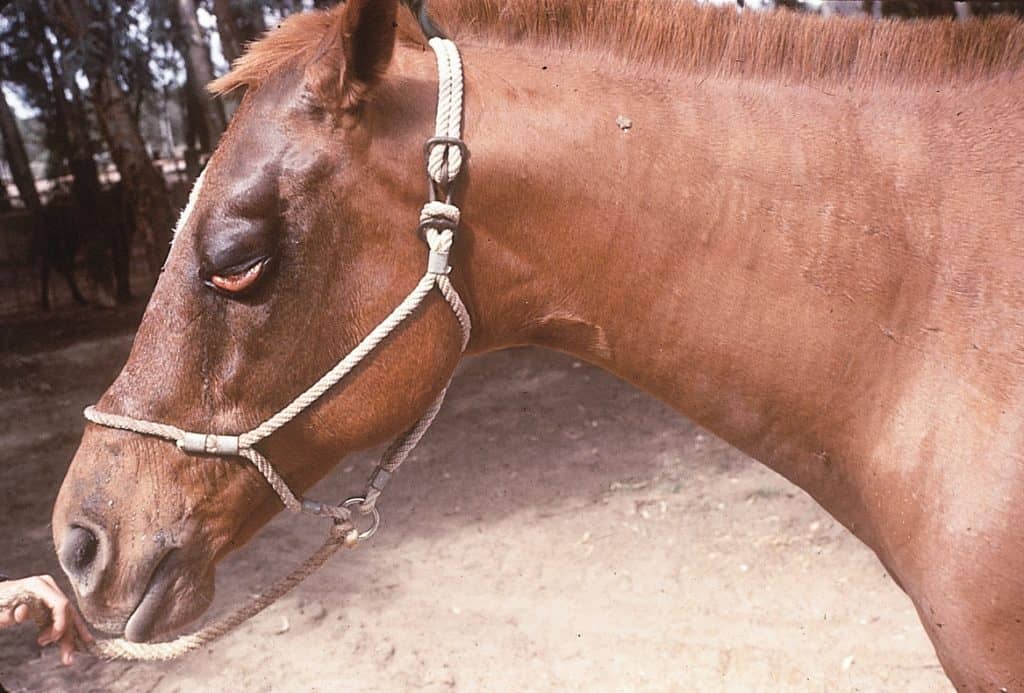
Climate change is creating conducive conditions for African horse sickness to spread further than it has in the past.
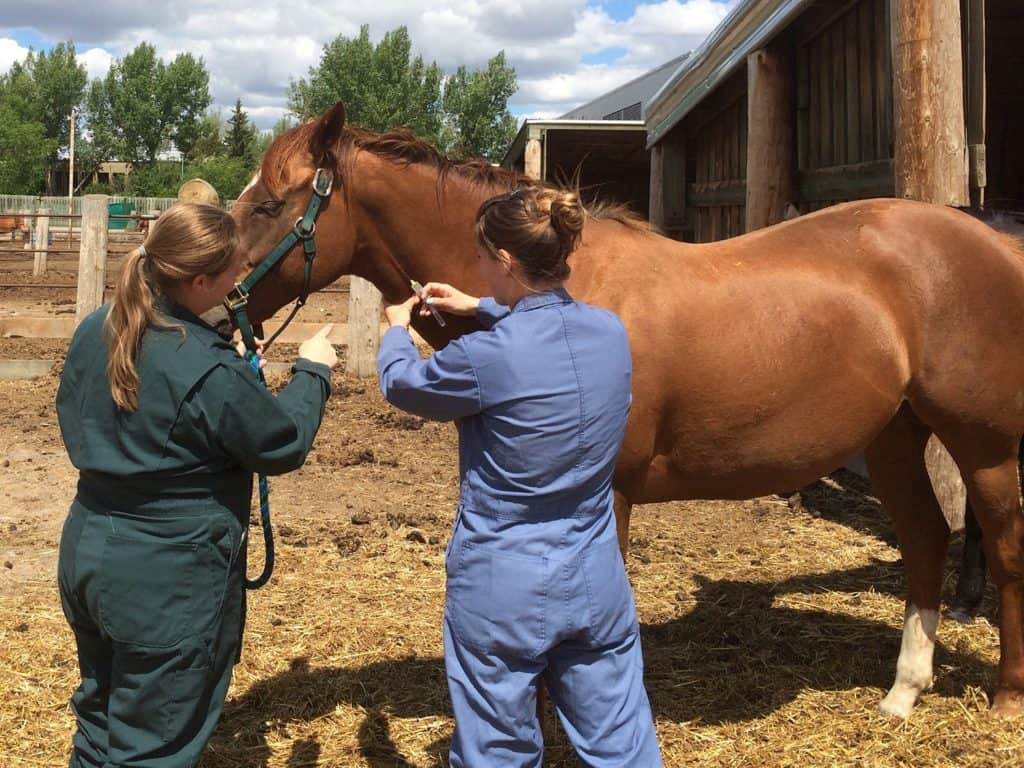
A vet student shares her experience studying equine neutrophil function at various incubation temperatures.

The 10th International Equine Infectious Diseases Conference will convene April 4-8 in Buenos Aires, Argentina.
Stay on top of the most recent Horse Health news with
"*" indicates required fields